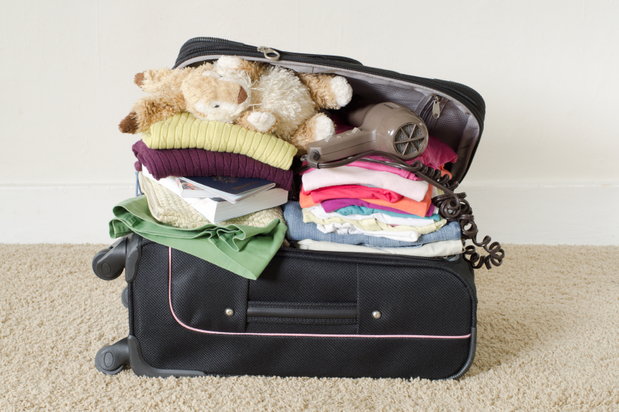For many parents, the experience of a child leaving home to attend drug rehabilitation brings about doubt and questioning of their own parenting. Where did I go wrong? How did I allow this to happen? Have I ruined my child’s life? While the experience is no doubt heartbreaking for everyone, it is important to keep the focus on the child and his or her feelings in the days leading up to departure.
Leaving home is a daunting experience for any teenager but going to rehab does not carry the same type of fear as heading off to college. Here are three ways that you can best help prepare your teen for drug rehabilitation.
1. Be Honest Regarding Visitation
Most drug rehabilitation facilities allow family visitation. Be honest with your adolescent about what they can expect from you. If your job or your personal feelings make it hard for you to attend regular visitation hours, make sure your child is aware of this. Nothing makes the experience of recovery harder for an adolescent than the disappointment of a no-show parent. For many, visitation is the highlight of their week.
2. Be Consistently Available for Phone Calls
Your child will be allowed short monitored phone calls during the course of their stay. If required, make sure you are on their approved call list. If you know that phone calls are made every other night between 6pm and 7pm and that each child gets ten minutes, make sure you are home and available to your child during that designated hour. An adolescent’s experience in drug rehabilitation can often be lonely and having that consistency in their support system will make all the difference.
3. Pack with Motivation in Mind
When packing for your child’s departure, include items that will keep their anxious minds busy with constructive activities. Examples include inspirational reading material, writing journals, music or drawing markers. These items will serve as a way to combat boredom as well as provide a means for your child to express themselves in a healthy manner. For those especially difficult days, be sure to pack a personal item of sentimental value to your child. Perhaps it is a family picture or a letter saying how much you love them and believe in their ability to overcome. This item will serve as beacon of hope and motivate your child to remember their goals while they’re away.
While there is no way to completely prepare your child for the difficult road that lies ahead of them, the best thing you can do is be a pillar of strength and support for them during this important first step in their recovery. Accept them wholeheartedly for everything that they are, flaws included, and make sure they know that they are unconditionally loved by you. Know that you will walk this road to recovery together. After all, no child can go this journey alone.








